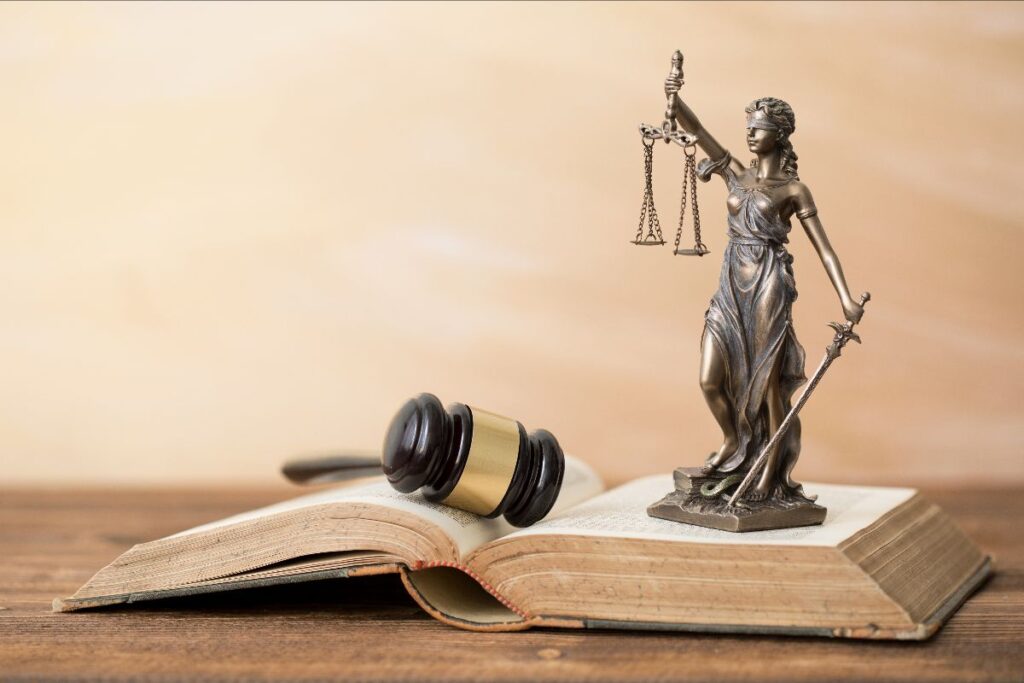
By Richard D. Hendlin
This Ethics in Brief article arises from a recent inquiry I received through the SDCBA Legal Ethics Hotline (phone: 619.231.0781×4145) involving an attorney who posed the hypothetical question of whether an attorney who represents a minor with a guardian ad litem [GAL] could ethically petition the superior court to remove the GAL who the attorney believes is not following the attorney’s advice and not acting in the minor’s best interests?
SDCBA Opinion 2017-2 provides a succinct answer: “An attorney may properly petition the Court for appointment of a new guardian ad litem, but may not disclose confidential information that the existing GAL requests remains confidential.” (SDCBA Opn. 2017-2, pg. 1.)
Preliminarily, it is important to understand the role of the GAL and that the attorney’s client is the minor and not the GAL. (SDCBA Opinion No. 2017-2, pg. 1.) An individual under the age of eighteen is a minor. (Fam. Code § 6500.) A minor who is a party in a lawsuit must appear by a guardian ad litem appointed by the court in which the action or proceeding is pending. (Code Civ. Proc. § 372(a); In re Josiah Z (2005) 36 Cal.4th 664,678.) The purpose of the GAL is to protect the minor’s interest in the litigation. (Williams v. Superior Court (2007) 147 Cal.App.4th 36, 47.)
A GAL is an officer and agent of the court appointing him or her. (Berry v. Chaplin (1946) 74 Cal.App.2d 652, 657.) The GAL may make tactical and even fundamental decisions affecting the litigation, but all decisions must be in the best interests of the ward. (In re Christina B. (1993) 19 Cal.App.4th 1441, 1453.)
“Attorneys for a minor or incompetent person may be selected by a guardian or conservator, but the attorney-client relationship exists with the minor or incompetent person, not the guardian or conservator.” (Tuft, Peck & Mohr, Cal. Prac. Guide: Professional Responsibility (The Rutter Group 2020) ¶3:122 citing to Evidence Code §951[minor or incompetent person who consults a lawyer, directly or through a guardian or conservator, is the “client” for purposes of attorney-client privilege.]; Berry v. Chaplin, supra, 74 CA2d 652, 657; Rest. 3d Law Governing Lawyers §14, Comment “d”.)
Although an attorney may primarily communicate with the GAL, who makes the relevant decisions for the minor, the GAL is a party representative appointed to protect the rights of the individual in court proceedings, and not a party to an action. (In re Christina B., supra, 19 Cal.App.4th 1441, 1454; SDCBA Opinion 2017-2, pg. 2.)
An attorney representing a minor owes her or his client the fiduciary duties attendant to any lawyer-client relationship. Where the attorney is concerned that GAL is not making decisions in the best interests of the minor, and therefore not fulfilling the obligations of a GAL, the attorney has a duty to act, which may include an obligation to minor client to raise her concerns about the GAL with the court. (Berry v. Chaplin, supra, 74 Cal.App.2d 252, 657 [“It is the duty of the guardian and the attorney to protect the rights of the minor, and it is the duty of the court to see that such rights are protected.”].) If necessary, the court can remove the guardian ad litem if she/he is not acting in the best interests of minor client. (See, e.g., McClintock v. West (2013) 219 Cal.App.4th 540, 552.)
The duty of confidentiality may limit the attorney’s petition to the court to remove the GAL. The duty of confidentiality set forth in Business & Professions Code § 6068 (e)(1) “[t]o maintain inviolate the confidence, and at every peril to himself or herself to preserve the secrets, of his or her client” and in California Rules of Professional Conduct, rule 1.6, extends far broader than the attorney-client privilege. It also includes client secrets, which are defined as “any information obtained by the lawyer during the professional relationship, or relating to the representation, which the client has requested to be inviolate or the disclosure of which might be embarrassing or detrimental to the client.” (Cal. State Bar Formal Opn. No. 2016-195, citing Cal State Bar Formal Opn. No. 1993-133.)
Here, the attorney owes a duty of confidentiality to the minor but not to GAL. Accordingly, Attorney need not be concerned whether the information disclosed to the court is embarrassing or detrimental to GAL. That does not mean, however, that lawyer may petition the court for a new GAL without regard to any communications with the GAL. Even though the GAL is not attorney’s client, communications with a GAL are considered protected by the attorney-client privilege—and are, therefore, protected as confidential—because they are “reasonably necessary for the transmission of information or the accomplishment of the purpose” of the representation. (De Los Santos v. Super. Ct. (1980) 27 Cal.3d 677, 684.)
Unless the GAL waives attorney-client privilege, an attorney may not disclose confidential communications with the GAL to the court. And until replaced, the GAL, as the representative of minor, would have the right to enforce or waive the attorney-client privilege. (De Los Santos v. Super. Ct., supra, 27 Cal.3d at p. 682; Evid. Code, § 953, subd. (b).) An attorney, however, would still be able to recite the conduct that GAL has taken that attorney believes is not in the minor’s best interests and the attorney could offer an opinion that those actions were against minor’s best interests. In doing so, attorney could not reveal any information that was potentially embarrassing or detrimental to the minor client. (SDCBA Opn. 2017-2, pg. 3.)
Richard D. Hendlin, Attorney at Law
**No portion of this summary is intended to constitute legal advice. Be sure to perform independent research and analysis. Any views expressed are those of the author only and not of the SDCBA or its Legal Ethics Committee.**